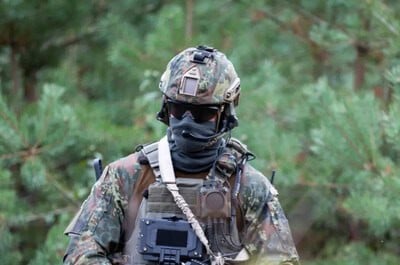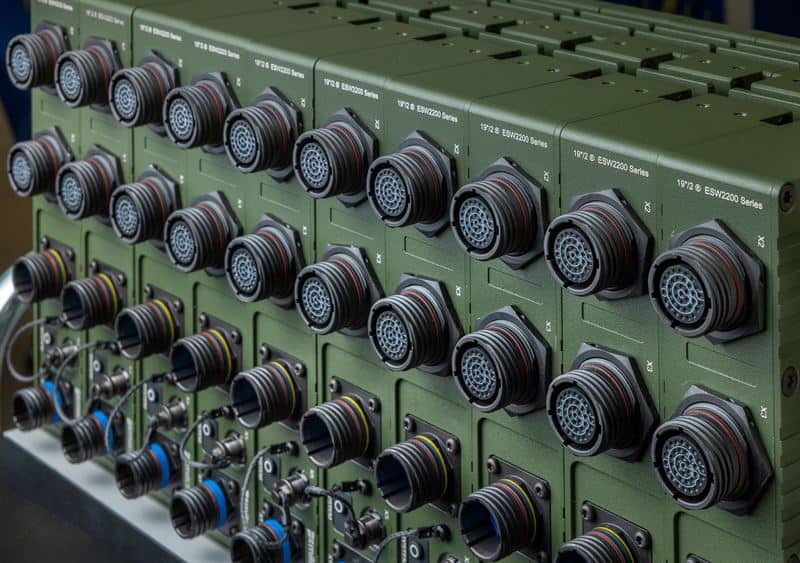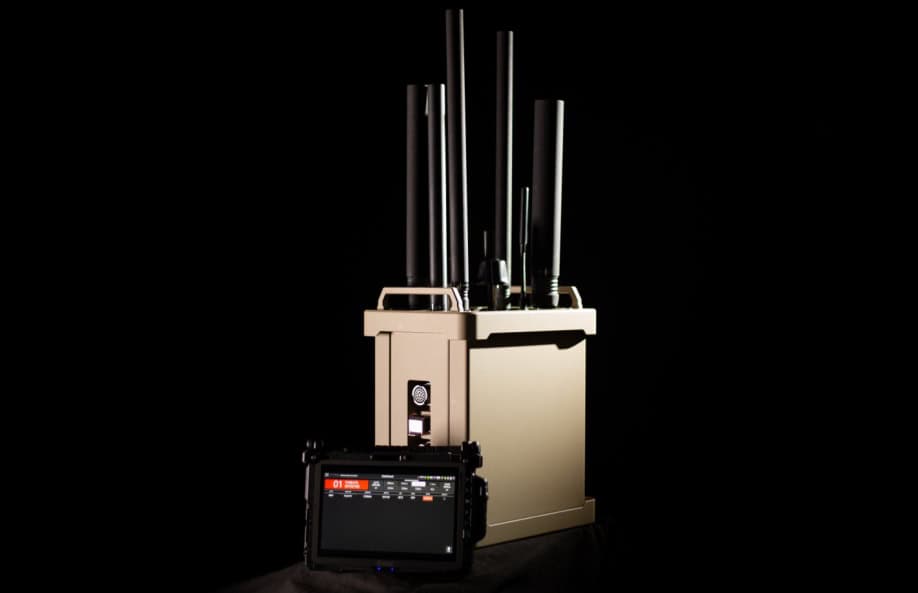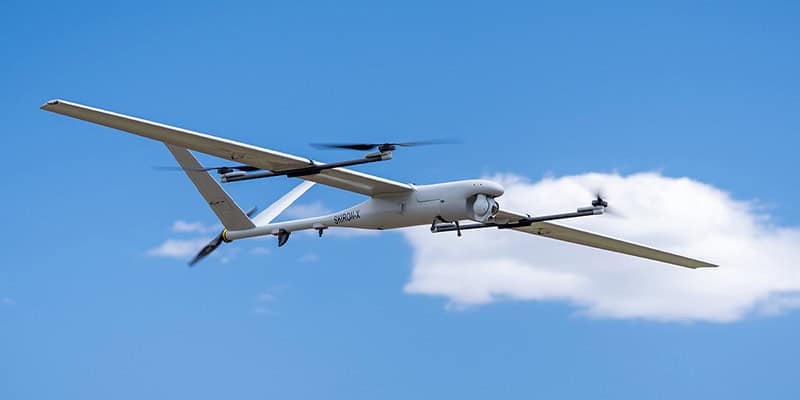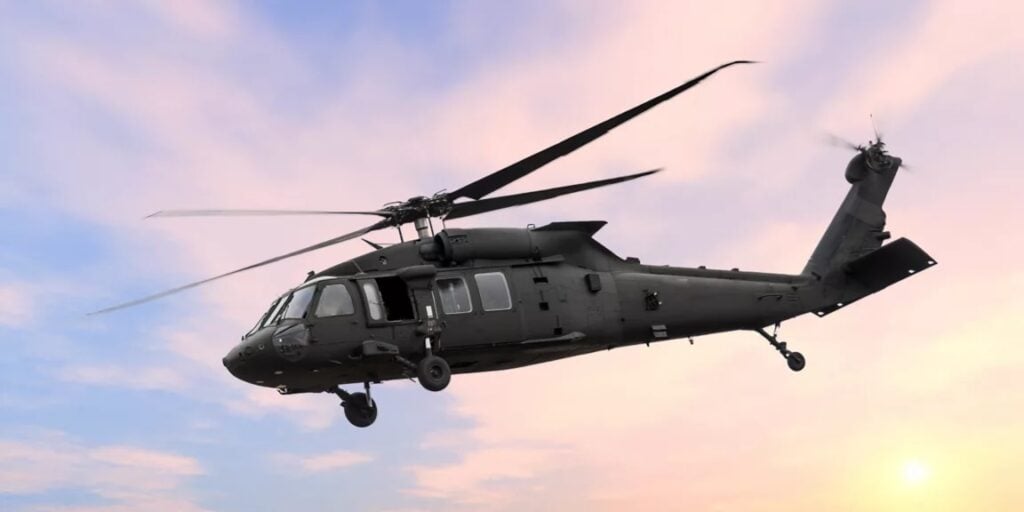
Discover Leading Defense Technology Solutions
Discover cutting-edge solutions from leading global suppliers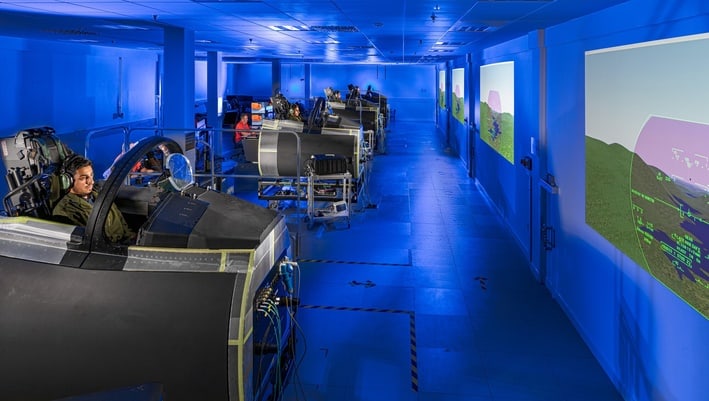
Under the Typhoon Future Synthetic Training (TFST) contracts, BAE Systems is leading work to deliver ten high fidelity, immersive simulators, together with highly-secure state of the art training facilities at Royal Air Force (RAF) Coningsby in Lincolnshire and RAF Lossiemouth in Moray.
The new training environments will be linked together to provide an integrated environment for pilots to train and carry out complex combined training exercises using real world mission software and tactics.
The investment by Defense Equipment and Support, the U.K. Ministry of Defense’s (MoD’s) procurement arm, reflects the RAF’s ambition to increase its use of synthetic training, delivering cost, time and sustainability benefits over live training. This technology will also provide a more complex and secure training experience tailored to the individual, something that can be difficult to achieve in live training environments.
“We pride ourselves in delivering world-class training capability as we understand how critical it is to deliver the highest quality skills and capabilities to the front line,” Richard Hamilton, Typhoon Program Director, Europe – BAE Systems Air, said.
“This contract builds on existing work to deliver synthetic training to the RAF’s Typhoon Force, which will eventually enable pilots from different locations to fly virtual missions together and provide the ability to ‘plug into’ other assets across air, land and sea.
“The investment will deliver a number of valuable operational benefits for the RAF, alongside the positive impact that the increased use of synthetic training will make to reduce carbon emissions.
“With 9.6 tonnes of carbon saved by every synthetic flight, it will help reduce the current carbon footprint of live training, supporting the net zero ambitions held by our customers and ourselves.”
The contract will support approximately 120 jobs in the delivery of new infrastructure at two RAF bases with a further 60 engineering jobs sustained at BAE Systems and many more with a number of specialist U.K. companies throughout its supply chain.
Annually, BAE Systems delivers training for more than 2,500 technicians and ground crew across a wide range of skill sets and for more than 450 pilots and officers to ensure they are ready for the cockpit.









